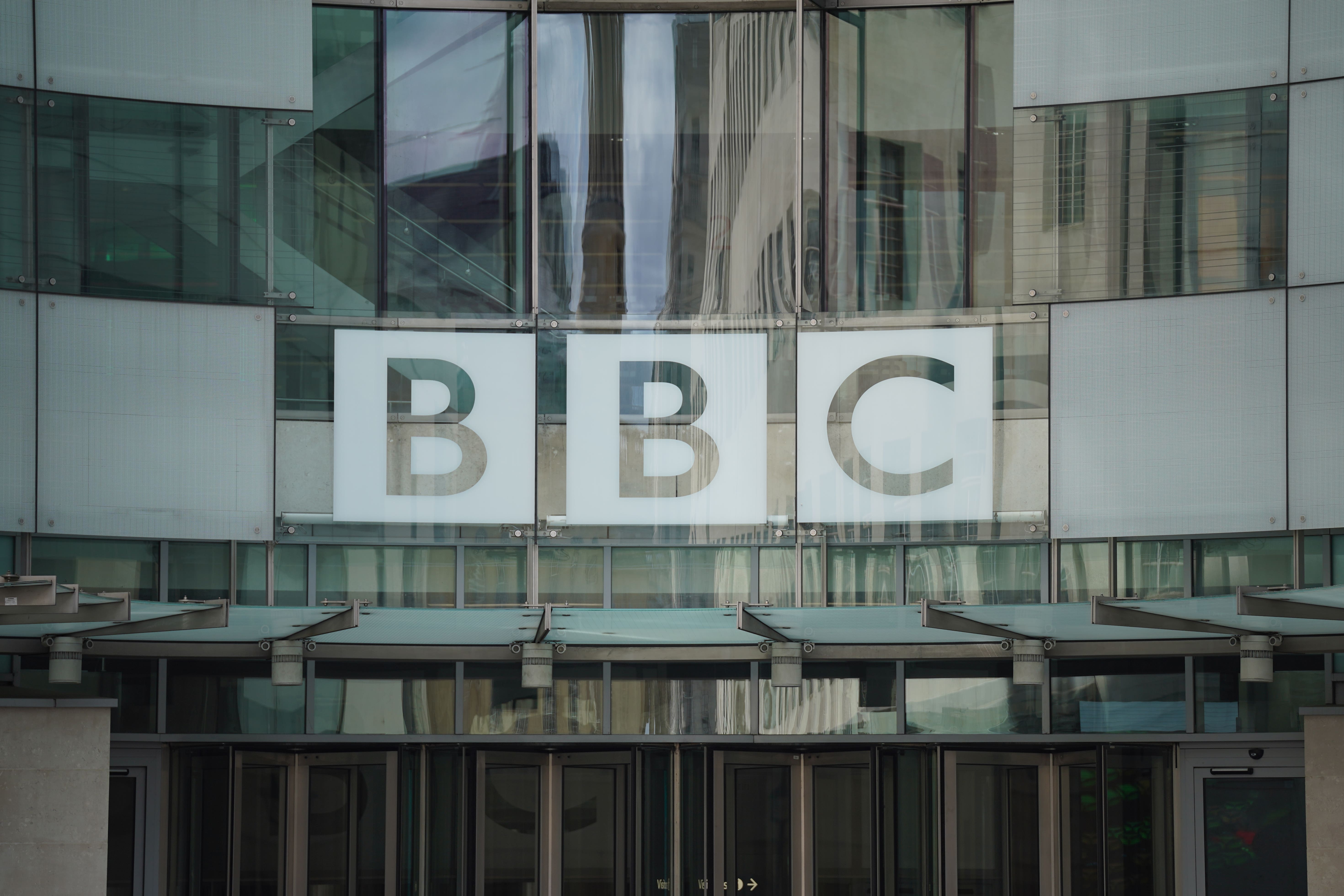BBC announces new digital radio stations to reach underserved audiences
The stations will be extensions of Radio 1, Radio 2 and Radio 3.

The BBC has announced it is launching four new genre-focused digital music stations to give “more choice to those currently underserved” by the corporation.
The stations, which will launch on DAB+ digital radio, will be extensions of Radio 1, Radio 2 and Radio 3 and will use archive material, some new commissions and a small amount of new live content.
The new stations will also be available on BBC Sounds.
There are two proposals for extensions on Radio 1, with one of them focusing on a wide range of music from the 2000s and 2010s and the other forming an expanded version of the existing BBC Sounds Radio 1 Dance stream.
The former will comprise existing on-demand content available on BBC Sounds such as Radio 1’s Workout Anthems and Radio 1’s Chill Out Anthems, as well as new programmes and some simulcasts – the broadcasting of programmes across more than one service.
The BBC said Radio 1 Dance on DAB+ will showcase electronic music and dance trends from across the UK and globally, and will include new music and exclusive DJ mixes.
The station will also provide context around live events such as Radio 1’s Dance Weekend: Ibiza and other third party events.
An extension on Radio 2 will provide listeners with nostalgic pop music curated from the 1950s, 1960s and 1970s.
The digital station will be fronted by a mix of Radio 2 presenters, and listeners will have access to the BBC’s archive to discover concerts, exclusive BBC sessions, interviews and Radio 2 shows that have not been aired for decades.
The programming mix will include some new bespoke commissions and some content already available on BBC Sounds, such as Sounds Of The 60s and The Paul Gambaccini Collection.
A new extension for Radio 3 will feature a wide range of classical music, both old and new, with live and specially-recorded music to feature throughout the week.
The station will also champion music from living composers, including the new generation of artist-composers, according to the BBC.
The BBC said the proposed extensions are “a cost-effective way to reach audiences on on DAB+ where listening is growing as people move over from FM”.
They will also “give more choice especially to those who currently are underserved by the BBC, and whom Ofcom have challenged the BBC to do more for”.
The plans are subject to the relevant regulatory approvals before the BBC sets in motion the new extensions, expected to launch on BBC Sounds later this year.
Our stations have captured the history of music in the UK during the past six decades for our audiences, and we now want to give them more choice from the BBC as listening habits are changing
Lorna Clarke, director of BBC Music, said: “Our stations have captured the history of music in the UK during the past six decades for our audiences, and we now want to give them more choice from the BBC as listening habits are changing.
“Our extensions for Radio 1, Radio 2 and Radio 3 will allow listeners to deep-dive into more pop and classical genres and periods of music they love the most, uniquely created by the BBC.
“They’ll get a deeper listening experience than what’s available elsewhere, hear brilliant storytelling through our extensive archive, and discover more music to love, whatever their mood.”
As part of the plans to evolve the BBC’s radio portfolio, the corporation has also set out new plans for BBC Radio 5 Sports Extra.
The proposal is for existing BBC sports-related audio content, including BBC Sounds podcasts and programming from the Nations and Regions, to be played on the station, which currently plays a short marketing trail on loop when there is no live sport.
Bookmark popover
Removed from bookmarks